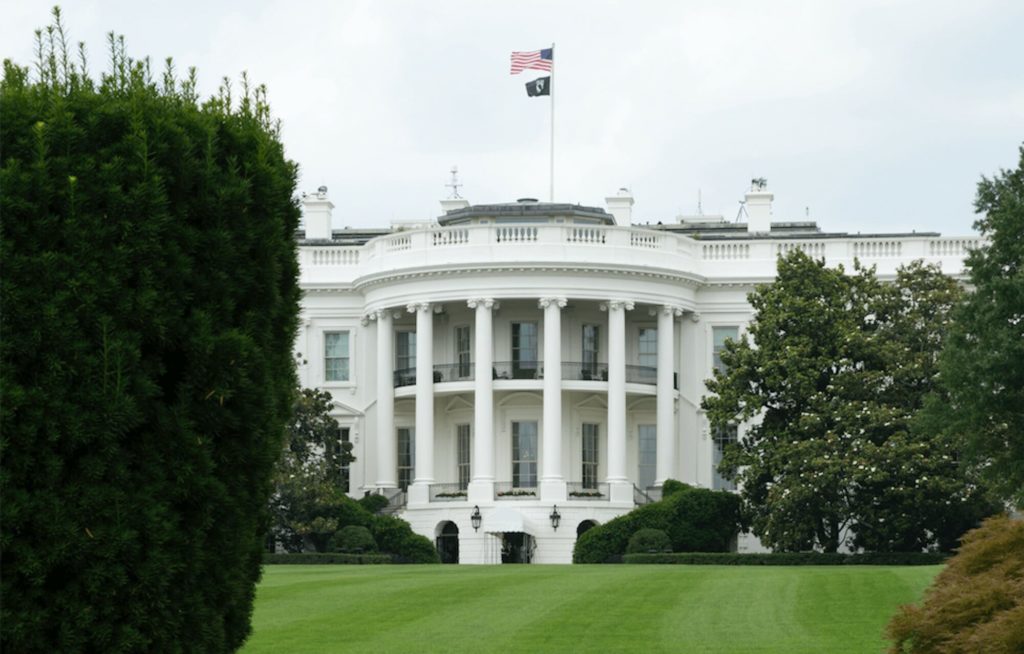
Medicare Advantage plans are under fire again, this time by government watchdogs. Citing government reports, witnesses told the House Energy and Commerce subcommittee during a hearing Tuesday that MA plans are falling short in providing care to seniors.
According to a report in Kaiser Health News, subcommittee chair Rep. Diana DeGette (D-CO) said seniors should not be required to “jump through hoops” to get care.
The watchdogs called for limits on home-based health assessments, which they said could artificially inflate payments to plans without providing patients appropriate care. They also called the Centers for Medicare & Medicaid Services to reinstate an audit program that is more than a decade behind in recouping billions of dollars in possible overpayments to MA plans.
The hearing follows a Government Accountability Office report in April that criticized MA plans for delaying and denying care to enrollees that met Medicare coverage rules. In a random sampling of denials during nine consecutive days in 2019, the OIG found 13% of prior authorization requests that MA plans denied met Medicare coverage rules. It also found that 18% of payment requests that were denied met Medicare coverage and billing rules.
Leslie Gordon, GAO’s acting director of healthcare, said seniors in their last year of life dropped out of MA plans at twice the rate of other patients exiting the plans. James Mathews, executive director of the Medicare Payment Advisory Commission, told the panel Medicare Advantage is not “meeting the potential” of lowering costs and improving medical care to seniors.
MA plans have been growing in popularity with seniors because they tend to be less expensive than traditional Medicare plans and offer a variety of supplemental benefits, including home care. MA plans currently represent approximately 45% of all Medicare insurance plans and are expected to represent more than half of all Medicare plans within a few years. Long-term care advisory firm ATI Advisory recently estimated MA plans save beneficiaries roughly $2,000 annually.



